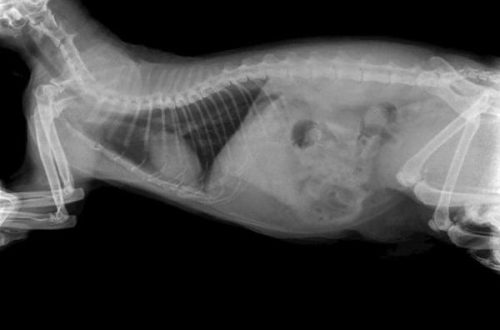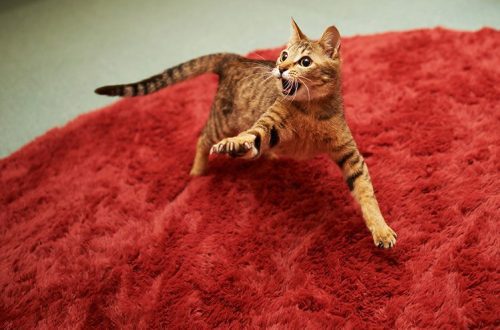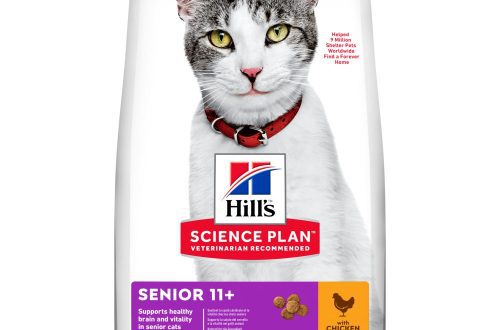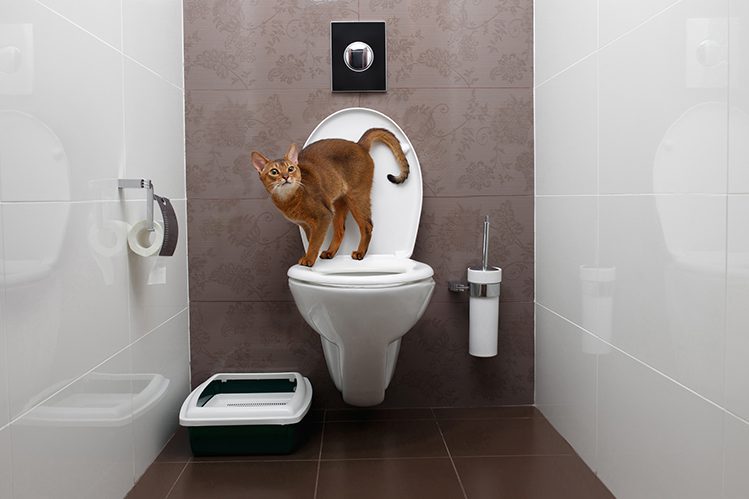
Idiopathic cystitis in cats
There are diseases, the causes of which are very difficult to trace. A good example is idiopathic cystitis. In our article, we will talk about its symptoms, prevention, and the most likely causes.
Contents
Idiopathic cystitis in cats. What’s this?
What is idiopathic cystitis? This is an inflammatory process of the bladder and urinary tract that occurs for no apparent reason, in the absence of infections, stones and crystals.
IC is diagnosed by ruling out other conditions, such as urinary tract infections and urolithiasis. It affects about 2/3 of all cats with problems with the lower urinary tract.
Idiopathic cystitis is also known as “painful bladder syndrome”, “interstitial cystitis”.
Idiopathic cystitis: symptoms
The most common causes of IC include:
– difficulties with urination: the cat makes attempts to go to the tray, but she does not succeed;
– frequent urination in small portions;
– uncontrolled urination: the cat does not have time to reach the tray and relieves where necessary;
– pain during urination: in an attempt to relieve the pet is worried and meows;
– the presence of blood in the urine,
– General symptoms: lethargy, anxiety, loss of appetite.

Idiopathic cystitis: causes
The exact causes of the disease have not been identified. However, IC is usually associated with malnutrition and stress.
Many owners note that their pet’s anxiety symptoms manifested themselves in a stressful situation. For example, after transportation or repairs in the apartment, which forced a frightened cat to hide under the sofa.
The stress hormone triggers a circular chain reaction: sphincter spasm – overcrowding of the bladder – growth of bacterial flora – irritation and damage to the epithelium of the bladder walls – pain syndrome – increased production of stress hormone – increased spasm.
Poor diet, overweight, and a sedentary lifestyle are also potential causes of IC.
Prevention and treatment of idiopathic cystitis in cats
If you notice one or more signs of idiopathic cystitis in your cat, the only right decision is to contact your veterinarian as soon as possible. Self-medication is dangerous for a cat’s life. In addition, by delaying, you will only worsen the situation, giving the disease the opportunity to develop and causing the pet to suffer.
Only a specialist can diagnose the disease and prescribe the optimal treatment. He will examine the cat, conduct the necessary tests and provide recommendations, thanks to which your pet will feel better very soon.
Drug treatment prescribed by a veterinarian will be aimed at eliminating the inflammatory process. And you, as a responsible owner, have to deal with its possible causes, such as cat anxiety, and maintain a proper diet.
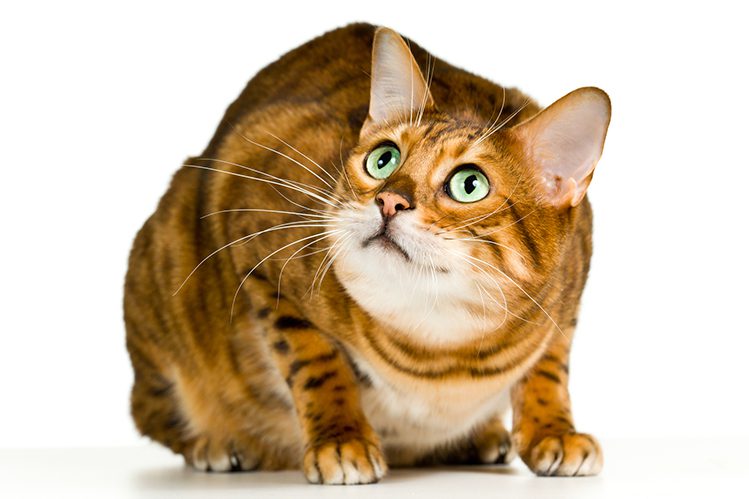
You can reduce anxiety with the help of special nutritional supplements – discuss their choice with your veterinarian. They are used both for the treatment of the disease and for its prevention, in cases where you assume a stressful situation for the pet. If your cat is already suffering from IC or if any stressful situation is planned in the near future, simply introduce the supplement into her diet. Also, the health of the urinary system is helped to maintain special functional feeds (for example, the Monge VetSolution Urinary Struvite or Urinary Oxalate veterinary diet for the treatment of diseases of the urinary system). But the choice of diet is made exclusively under the supervision of the attending physician.
Be careful. Always keep the contact of the veterinarian close at hand and feel free to contact him in case of questions.



